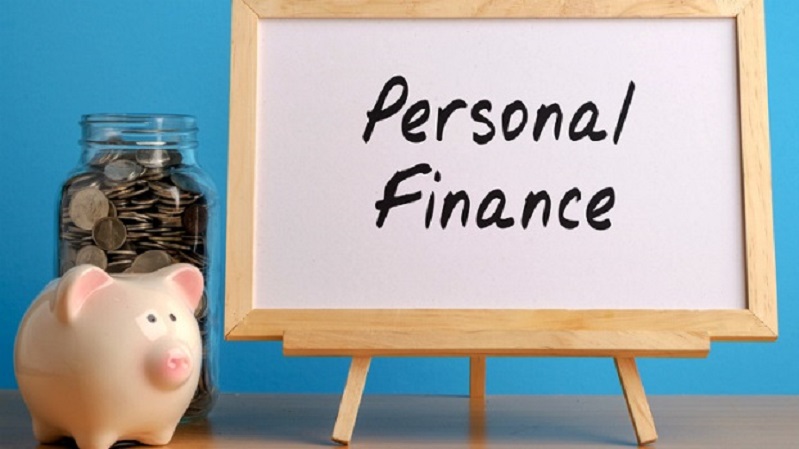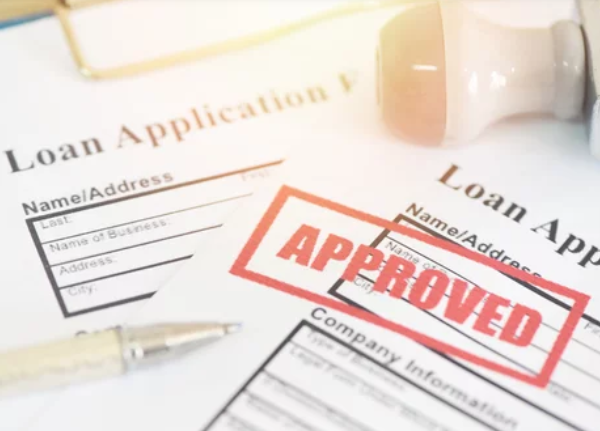Christin had just joined a new job. Her office was very far from her accommodation. She decided to buy a car and went to the nearest car dealership. She always wanted to own a white car. She had made the choice of a car that she dreamt of having.
Car dealers assisted her with car finance with no credit check or guarantor. She could not believe her luck and had a shiny red car of her dream standing on her porch by the evening. She was so proud of herself.
Everything was fine in the beginning. After a few months, she realised it was getting difficult to pay the monthly instalment. The total interest on her car loan seems to be higher than the car itself.
Managing finance was getting out of her hand.
One day on the scheduled servicing day, when she went to the dealership for maintenance, she learned that they only sold that car model. For servicing, he had to go to the opposite side of the town, and on top of that, her insurance didn’t cover many of the maintenance details. Could it get any worse for her?
Christin came to me with a bad credit score and a messed financial condition. She needed help. I am sure this story terrified you.
Many of us make this kind of mistake before buying a car. Buying car and managing finances around it is not as easy as it seems. One must figure out their financial status and source of income, credit score, and other financial aspects. Car finance for self employed with bad credit is even tougher.
Things to Know Before Buying a Car
The story of Christin should be a lesson to all of us. I have brought this blog so you don’t make the mistake she made. This blog will guide you step by step if you plan to buy a car now or in the near future. So here we go…
1. What Do You Need?
When you plan to buy a car, let’s put your dream and wishes on the back seat for a minute and put on your realistic thinking cap. You must draw out a blueprint of the features you need in a new car. These should include safety features, necessities like GPS, entertainment gear, and other comforters or car decorations and colour, etc.
Make a thorough list of everything from essentials to not essentials. If you’re a first-time buyer, prepare a list of elements you wish to have in your new vehicle. This is the most important phase in your first car purchase process. You cannot get your ideal car until you know what you want exactly.
When making a list of your necessities, remember, a car will cost even after buying, for fuels, maintenance cleaning, etc. So, don’t forget to consider mileage and monthly driving range, etc.
2. Market Research
Now that you know what you want. Type your specifications in a search engine and find out what is there. If you spend half an hour online searching about your necessities, you will learn more. Do not restrict your research to the online format only. Talk to other car owners.
Meet some experts. There are so many websites and apps that provide real-time Q&A options. You can ask your query there. Only after doing firm market research shortlist a car.
Don’t just select one because a celebrity endorses it, and don’t make a haste decision.
3. Setting car budget
The most common mistake people make while setting their car budget is they only think about the price of cars on the road.
- What about monthly maintenance?
- What about fuel cost?
- What about other small expenses?
When making a car budget, you should include the monthly maintenance costs, the daily operating cost, and operating expenses. Often, a car seems less expensive, but its monthly maintenance cost goes over the roof, so before deciding budget, keep all those things you found in your research in mind.
Don’t spend all your hard-earned money on a bad deal. Set a realistic budget for your car that is easy on your pocket, and pick a car that will go with you for a long time. Also, include insurance costs in your budget.
4. Test drive and compatibility
After months of researching and budgeting, you finally found the car of your dream. Its an exciting time. Don’t rush to buy just yet. Wait! Take a moment.
The car of your dreams may be spectacular with the interiors that make you feel lavish, and the amenities may be intriguing, but if it does not connect with you, it’s no use. So better go tests driving.
Drive the car to a few blocks for at least a kilometre or two, depending on your comfort level, till you are completely confident in its performance and manoeuvrability.
The engine, the sound, the ease of driving, performance, your comfort, everything matters. Make a selection based on your driving experience.
5. Pick Your Car Dealership
You may now look for a dealership and visit it in person to see the vehicle. You know what they say, what you read and see online and what you see in person are two very different things. So, go to a company-authorised dealership and ask many questions related to the product.
Inquire the salesperson about whatever you want to know about the car. And everything here refers to the features, engine, transmission, mileage, audio system, suspension, and brakes, to mention a few. I suggest you talk to a mechanic as well; they deal with this stuff every day, they may know a thing or two.
Just because you are in the dealership does not mean you have to buy it. You can leave if you don’t feel satisfied.
6. Are They offering the Right Price?
So, what was the price that the car dealer offered? Are you happy with this? Ask yourself these simple questions.
Talk about the discounts, put all your marketing skills out and have fun with it. Don’t just settle for the price they offered. There is always a chance for a discount. Be satisfied only if they are offering you the right price.
7. Car loan
Talk to your dealer and financer. Find out how much can you get? You can always get personal car finance for bad credit or good credit. You just have to find the right lender. Calculate the affordable monthly payment using our calculator based on the offer by your lender to find out how much you need.
If possible, analyse a customer or dealer incentives. These are generally accessible on your new vehicle. It will increase the amount of cash you have available. Visit DVLA to learn about taxes, licenses, and other fees, and don’t forget to include that into your overall expense…
8. If You have an Old Car
If you have an old car, you can even get a bridging loan and try to reimburse some amount from your old ride. Try to get the best price for your old car, which can help you with finances. Talk to experts, go online, search through the internet and find out the best price for your old car.
9. Insurance
Automobile insurance is, in fact, an essential requirement for financial security. Many states demand that all drivers carry car insurance-related documents and be able to produce if needed.
The car you pick, the loan, and your driving record significantly impact your insurance costs. High maintenance car or car at the theft risk always costs more for the insurance. Whatever it is, don’t settle. Try to get good insurance for the protection of your car and your finances.
10. You Got Your Delivery! Now Put Your Papers in Order
Congratulations, now you have owned your dream car. Are you happy! You must be. You did everything right. But last but not least, get your paperwork in order. Always have the following document in the car.
- Your updated driver’s license.
- Insurance paper of your car (told you it is important)
- If you are a learner, have an ‘L’ plate
Conclusion
Buying a car takes a lot of time and money, not to mention energy. Take every step carefully. When in doubt, talk to an expert, do your research, take the driving test, and only finalise a car. Also, keep your finances in order.





